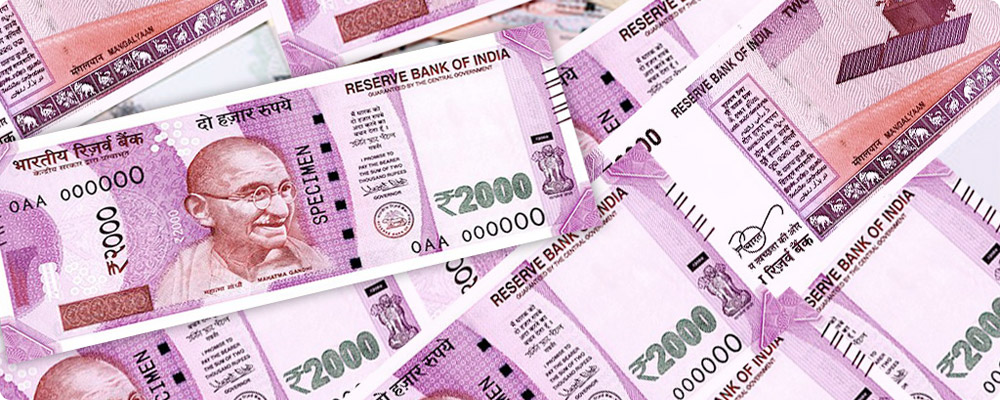Demonetization - How Does It Affect You As An Investor?
November 22, 2016
|
For a little more than a week now, demonetization of high value notes (Rs. 500 and Rs. 1000) has been polarizing the country between those who support the idea and those who are against it. The move has had a big impact on the stock market. The BSE Sensex has crashed more than 1800 points with the broader Nifty50 index tanking by almost 625 points in the last 8 trading sessions. A lot of investors are withdrawing capital from stocks. Some, because they are out of funds (since the currency they had at their homes no longer works) and others, well because they simply expect an even bigger crash!
This panic was nothing but complimented by the victory of controversial US presidential candidate Donald Trump just before the announcement of this demonetization scheme by our Prime Minister, Mr. Narendra Modi. Add to it, the fears of a likely Fed Rate hike in December this year.
Hence, there is great uncertainty in the minds of investors about what to do. No other country in recent history has ever attempted to demonetize almost 85% of its total currency of Rs. 15 lakh crores. That’s formidable! So, let’s have a look at some of the clearer effects of this event:
- Banks will benefit, as a huge chunk of this Rs. 15 lakh crores in currency will get deposited. Even if only 10% remains with the banks, it means an incremental Rs. 1.5 lakh crores of current and savings account ratio (CASA). This will certainly lead to system-wide interest rate declines as banks’ cost of funds will now decline. Also, this money left with the banks will have a multiplier effect when compared to it sitting in cash. This should facilitate enough liquidity in the system.
- The Reserve Bank of India (RBI) will cut rates sharply and quickly. This reduction in currency will be a deflationary shock, with certain asset markets declining sharply and economic activity weak for the next two quarters at least. Inflation will decline giving the RBI the space to cut rates even further.
- Small and medium-sized enterprises (SMEs) can get into trouble, as many are conducting their businesses entirely in cash. Demonetisation, combined with goods and services tax (GST), will impact their business model negatively, which was earlier dependent on tax and labour arbitrage. Many sectors will see large market share gain for the organised players. Lenders to the unorganised sector will go through a stress test with regards to their exposures; there may be far greater credit issues here than investors are modelling. Thus, we are likely to see market share shifts between the organised and informal sectors.
- Even if 20% of the existing Rs. 500 and Rs. 1000 notes are not exchanged, it will amount to a permanent wealth destruction of Rs. 3 lakh crores. This could impact sectors such as real estate, jewellery, etc which deal in cash the most.
Hence, summing it up, a lot of companies may have depressed earnings in Q3-Q4 2016 because of the effect of these 50 day note-exchange process, leaving the consumers wary about their expenditures. Undoubtedly, the real estate sector has been badly hit. This is also expected to keep markets volatile for the next couple of months, post which, one can expect consumer demand to pick up again.
But, as Warren Buffet rightly says, “Volatility is the friend of long term Investor”. Hence, one can use the current volatility to make sound investment decisions and reap the benefits for extended period of uncertainty. Happy Investing!












